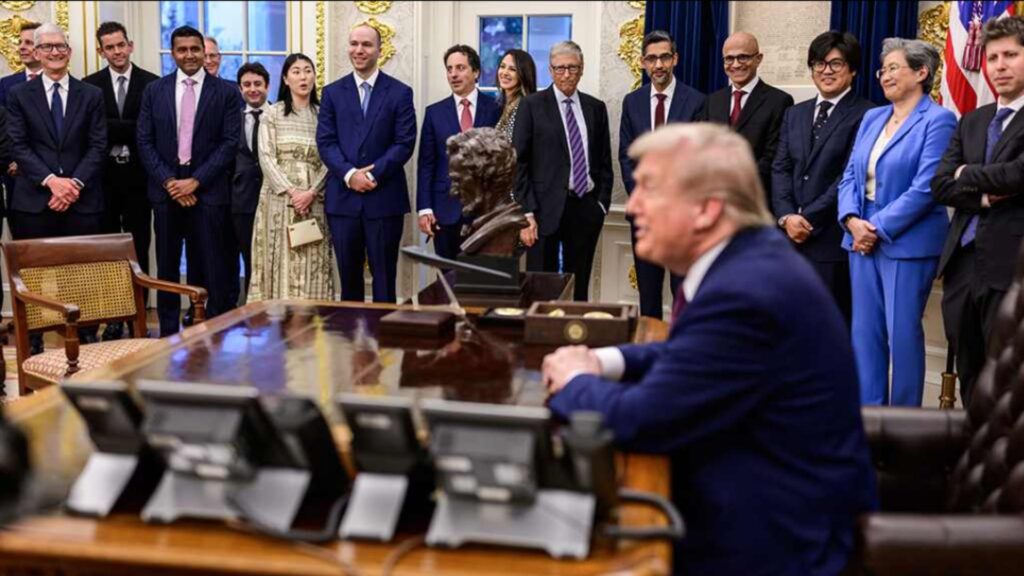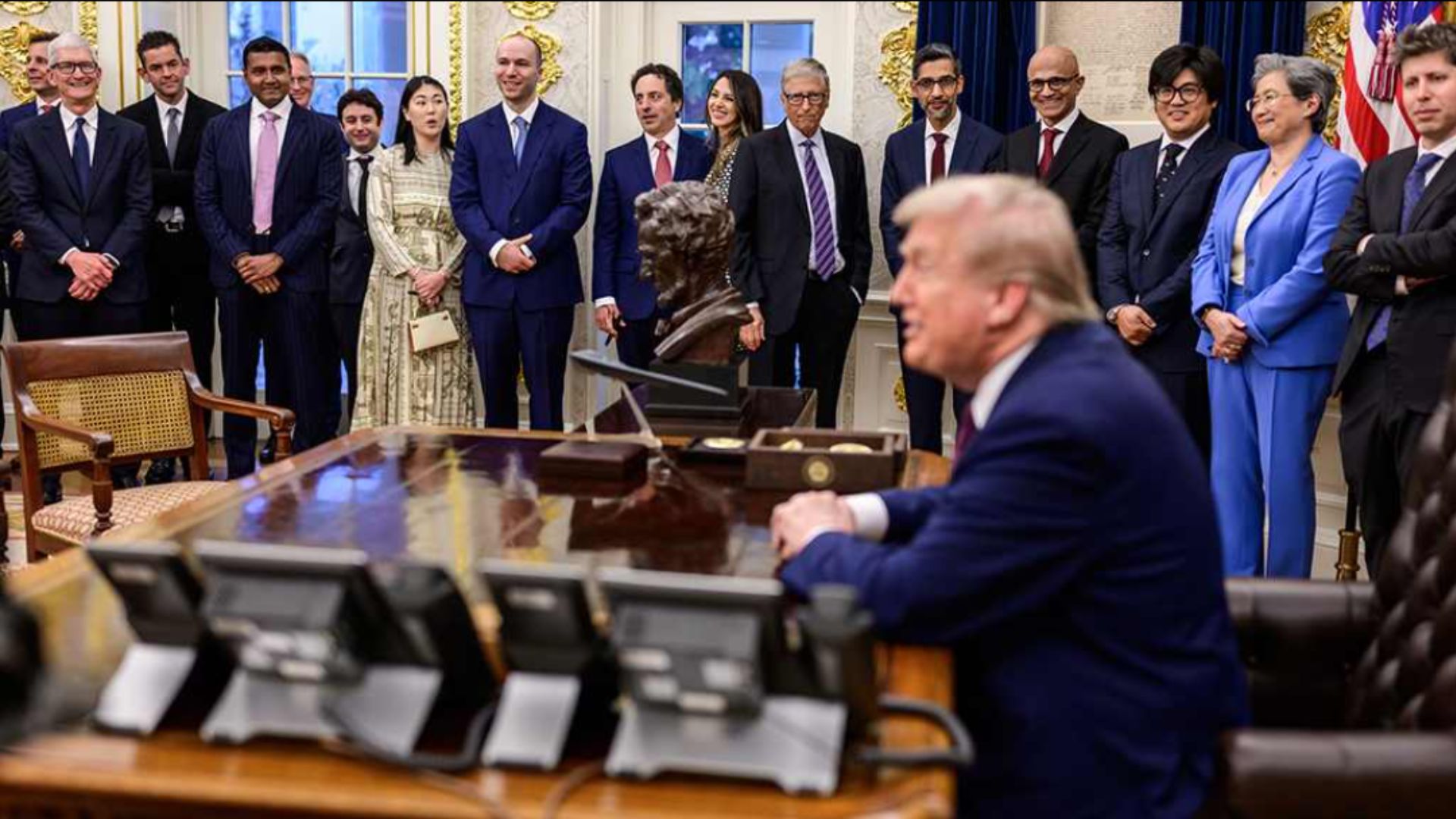
White House Office of Science and Technology Policy Director Michael Kratsios defended the Trump administration’s push for artificial intelligence deregulation before a Senate subcommittee Wednesday, arguing that swift federal action is essential to restore America’s global leadership in the sector. Testifying at the hearing “AI’ve Got a Plan: America’s AI Action Plan,” Kratsios warned that the U.S. had lost much of its early advantage by 2024 as global rivals—including China—narrowed the innovation gap. He urged lawmakers to support major regulatory reforms that would position the U.S. as the “preeminent” AI power (Senate Commerce Committee).
The Trump administration’s approach emphasizes rapid innovation, lighter federal oversight, and streamlined regulatory pathways for AI developers. Kratsios highlighted that without “responsible boldness” in policy, America risks ceding critical AI leadership just as the technology is poised to reshape industries and the labor market.
Deregulation Push Gains Congressional Support
The hearing showcased strong Republican backing for the administration’s strategy, with Committee Chairman Ted Cruz introducing the SANDBOX Act—a legislative proposal allowing AI companies to apply for two-year federal regulatory waivers, renewable for up to a decade (Tech Policy Press). Cruz and Kratsios both stressed that the bill is designed to create a “breathing space” for innovation rather than a regulatory vacuum, with companies still accountable to current laws.
Kratsios enthusiastically endorsed the SANDBOX Act during the hearing, saying the administration “very definitively promotes the idea of using sandboxes.” He also called for a pragmatic partnership between the White House and Congress to maintain America’s technological edge as international competition intensifies (PoliticoPro).
State Preemption and Democratic Concerns Over Safety
A contentious flashpoint in the hearing centered on the Trump administration’s desire to override state-level AI laws—an issue Kratsios labeled “anti-innovation.” He argued that a patchwork of state requirements favors tech giants with extensive legal resources but stifles startups’ ability to compete nationally. This follows the Senate’s near-unanimous July vote stripping a 10-year moratorium on state AI legislation from Trump’s tax bill, highlighting divided opinions around preemption. Key states like California and Colorado have already advanced their own frameworks on deepfakes and algorithmic discrimination.
Democratic senators voiced worries about potential risks to consumers and infrastructure stemming from a “light-touch” approach. Senator Jacky Rosen raised questions about cuts to fiber programs impacting AI infrastructure, while Senator Ed Markey cited constituents’ concerns about rising electricity costs from new data centers. Public interest groups criticized the administration’s AI Action Plan as a “corporate giveaway” that prioritizes tech sector growth over safety and privacy. These debates reflect the broader national struggle over how—and how much—Washington should oversee the rapid proliferation of AI technologies.











